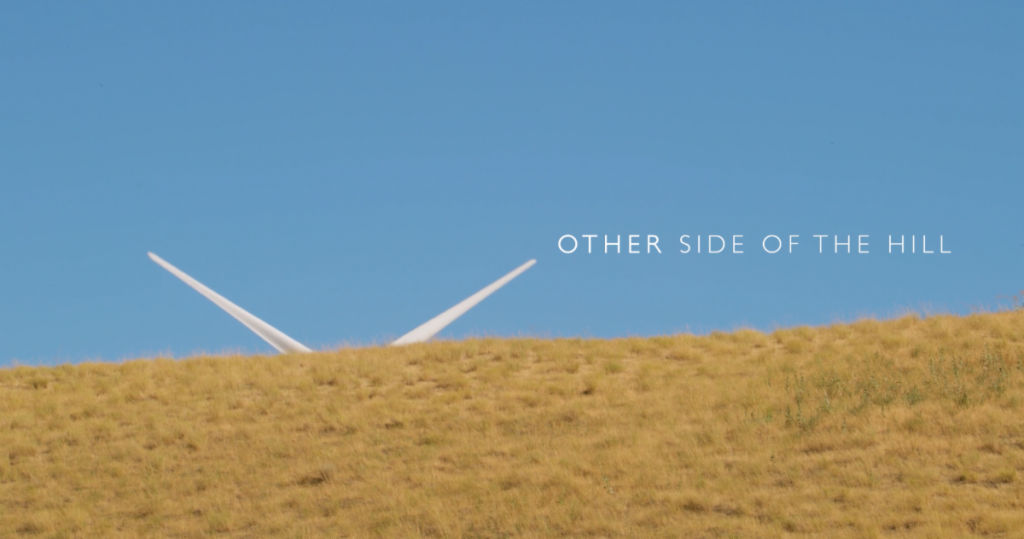
A few weeks ago some members of Simpler Living and friends viewed a film called “The Other Side of the Hill” It chronicled the efforts of farmers in Eastern Oregon who have come together to meet the climate emergency in their area with community-based solutions that benefit farmers, the land, and workers. Following are some audience observations that can be helpful to all of us concerned about the environment and climate change.
The country looked so dry, how could anything grow? They believe that if they care for the land, the land will take care of them. They were driven by care for their kids and grandkids.
One thing that stood out was how people cooperated. Across political divides, they recognized their common need and worked on a project that could benefit everyone. Together they revived the rural area. Small towns create jobs and income from wind farms. All of the community members had input into how money got appropriated. Cooperation crossed political divides, with the recognition of their common need, and they worked on a project that could benefit everyone. Together they revived the rural area. Leadership is needed that appreciates this model.
Farmers were asked, and we asked ourselves, what a beautiful future looks like. Responses: “healthy environment, protect resources for the future”; “from many, one – encouraging dialogue across differences” – ask people, “what do you dream?”; “clean water, clean land, no pollution”; “solving the problem together like the folks in the movie”; “how would that look in CA?”; “it’s easier to talk across differences when there are fewer people. Rural climates have that advantage”; having a balanced ecosystem is a beautiful future”.
Other thoughts included: investment in the people around you helps you collaborate. All new housing now must be net zero which is the current law in San Diego: next will be commercial construction. Careful planning is needed: solar arrays in “empty spaces” can be damaging to the local environment. It is more effective to have solar panels at the point of need or in community solar gardens. Atmospheric water generators produce water from moisture in the air – however, it uses electricity (a lot of energy) and then the less moisture in the air, the less water can be extracted.They need to be strategically placed. There are fog catchers in Peru that are not very technically complexl.
When people care about each other, about their land and the climate, they (we) can find solutions. Let’s put our dreams into actions.

